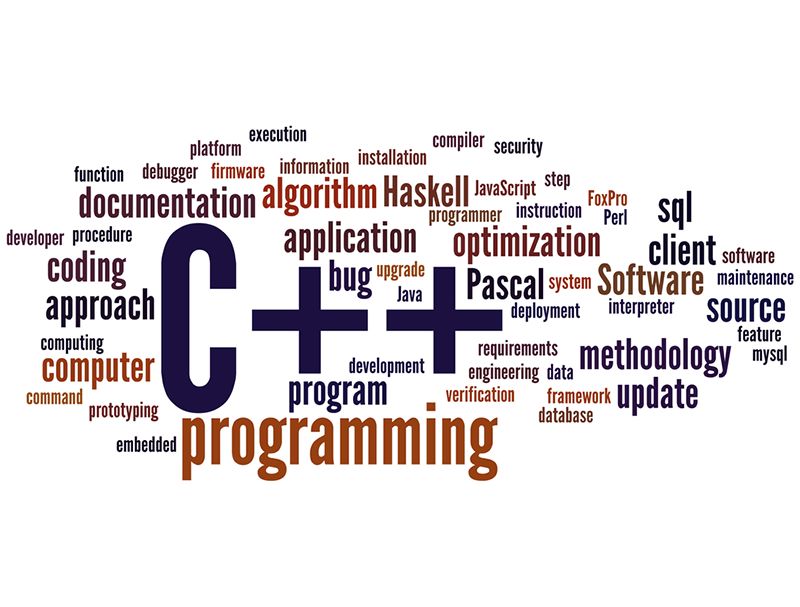Perfect Forwarding
Forward References
T&& can accept lvalues and rvalues, so this is also called Universal Reference.
1 | template <typename TPara> |
| & | && | |
|---|---|---|
| T& | T & | T & |
| T&& | T & | T && |
The upper table shows that references are collapsed to a lvalue reference when at least one of them is a lvalue reference.
The lack of type substitution is the reason why the non-template rvalue reference do not accept lvalues. The only reason why the function parameter can be an lvalue is that an lvalue reference is introduced by the substitution. Without this substitution, no lvalue reference is involved and references are not collapsed.
Perfect Forwarding
We’ve seen that template argument deduction would change reference to lvalue reference in case there is an lvalue reference exists.
However, if we want the lvalue reference to be passed as an lvalue and the rvalue reference as an rvalue, we should use std::forward. It casts an rvalue reference into an rvalue and leaves an lvalue as it is. std::forward must be instantiated with the type parameter.
1 | template <typename TPara> |
The argument of foo is passed with the same value category to bar. Whatever was passed as an lvalue to foo is passed as an lvalue to bar, likewise for every rvalue.
Like std::move, std::forward is a pure cast and does not generate a single machine operation. People have phrased this as: std::move does not move and std::forward does not forward. They rather cast their arguments to be moved or forwarded.
const T& — Universal Reference
May be you are wondering that why const T& can bind to rvalues and lvalues.
C++98 didn’t have rvalue references, only “references” — what we now call “lvalue references”. The rule was simply that a mutable reference would bind only to a mutable lvalue, but a const reference could bind to anything.
1 | void change(int &); |
This also applies even when that type int comes from type deduction:
1 | template <typename T> |
When C++11 invented rvalue references, none of this behavior changed at all. const T& still binds happily to both lvalues and rvalues.
const T& is the O.G. universal reference.
C++11 also invented the forwarding reference: that when there’s a deduced type T directly modified by &&, T can sometimes be deduced as an lvalue reference type.
1 | template <typename T> |
The advantage of T && is that (, by looking at whether T deduced as a reference type) you can tell whether your caller considered the argument an rvalue or an rvalue. That’s not useful information in its own right; it is useful only if you are planning to forward your argument as its original value category - lvalues as lvalues, rvalues as rvalues. That’s what std::forward<T>(t) is for.
In exchange for this advantage - forwardability - you pay in template bloat. Notice taht we get three difference instantiations of void forward(T &&) above, whereas we got only a single template instantiation of void observe(const T&).
1 | // Instantiated from forward(i) |
References
Perfect Forwarding


